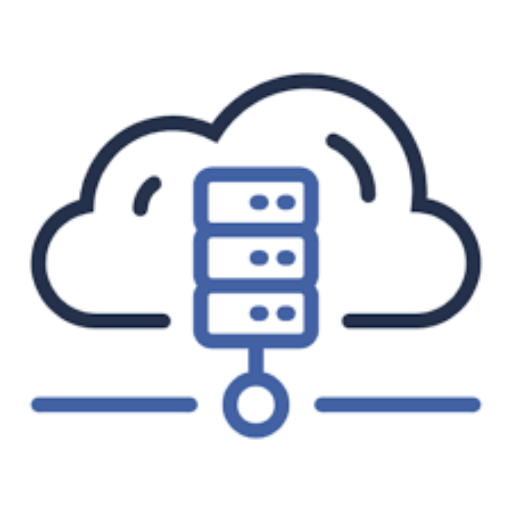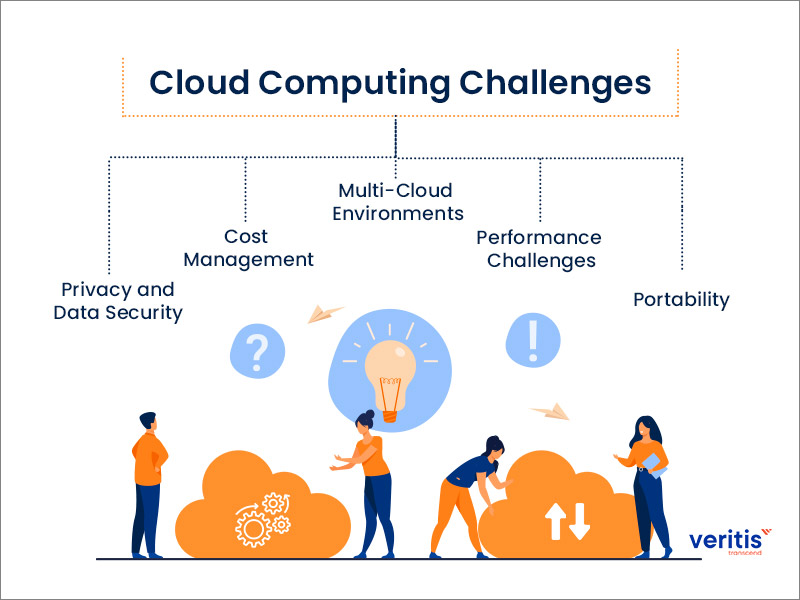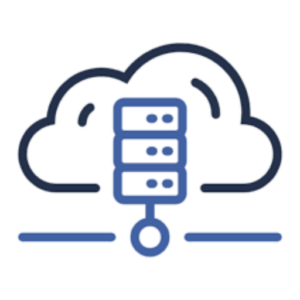
Cloud Computing in Healthcare: Revolutionizing Patient Care and Administration
Advertisment
Cloud computing is reshaping healthcare, providing solutions that enhance both patient care and administrative efficiency. Here’s a closer look at the ways it’s driving change:
- Real-Time Data Access
With cloud technology, healthcare professionals can instantly access patient records, test results, and treatment histories from any location. This immediate availability of information allows for quicker decision-making, which can significantly improve patient care.
- Seamless Collaboration
The cloud enables better collaboration between healthcare providers, allowing doctors, nurses, and specialists to work together by sharing patient data and insights in real-time. This results in better-coordinated care, leading to more effective treatments.
- Lower Costs
By shifting IT infrastructure to the cloud, healthcare organizations can reduce costs associated with hardware, software, and maintenance. Cloud solutions operate on a flexible pay-as-you-go model, making them more budget-friendly while allowing institutions to scale their resources as needed.
- Enhanced Security and Compliance
Patient data security is paramount, and cloud service providers offer sophisticated security measures such as encryption and regular backups. These features ensure compliance with regulations like HIPAA, safeguarding sensitive patient information and maintaining trust.
Advertisment
- Better Patient Care with Data Analytics
Cloud computing allows for advanced data analytics, helping healthcare providers to analyze patterns in patient health and make data-driven decisions. This enables personalized care, proactive treatments, and better management of chronic conditions.
- Efficient Administrative Operations
Cloud-based systems automate administrative functions, such as billing, scheduling, and inventory management. This helps reduce administrative burdens and improves the efficiency of healthcare facilities, allowing more focus on patient care.
- Scalability and Disaster Recovery
The cloud offers healthcare providers the ability to scale resources effortlessly as their needs grow, whether due to an increase in patient volume or expanding services. Additionally, cloud-based disaster recovery ensures continuous access to critical data during emergencies, ensuring healthcare services remain uninterrupted.
Conclusion
Cloud computing is playing a critical role in revolutionizing healthcare by enhancing patient care, improving collaboration, and streamlining administrative tasks. Its flexibility, cost-efficiency, and security make it an indispensable tool for healthcare providers, ensuring better outcomes for patients and more efficient operations across the board. As cloud technologies evolve, their impact on healthcare will only continue to expand, benefiting both patients and providers alike.
Advertisment












Post Comment